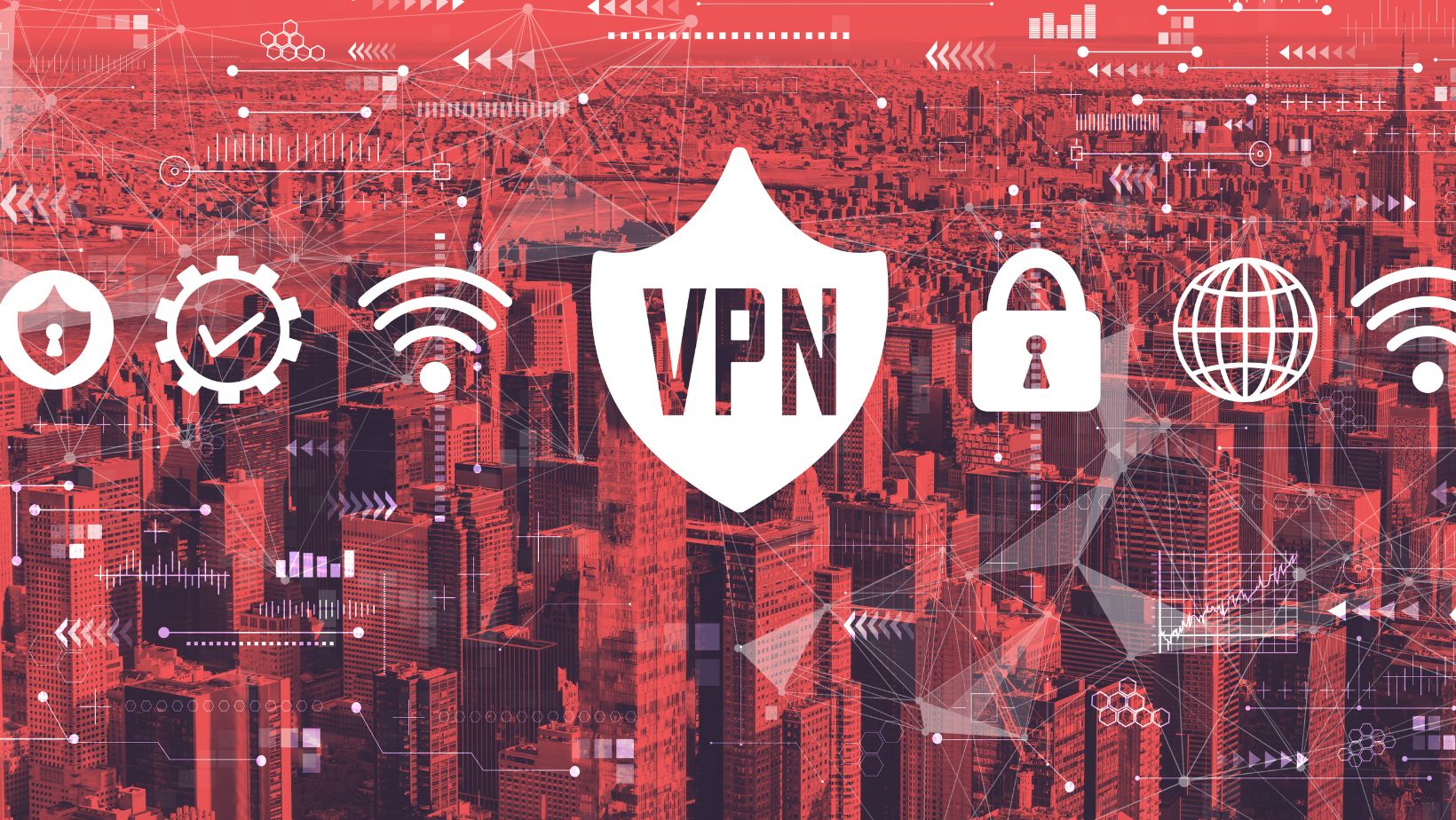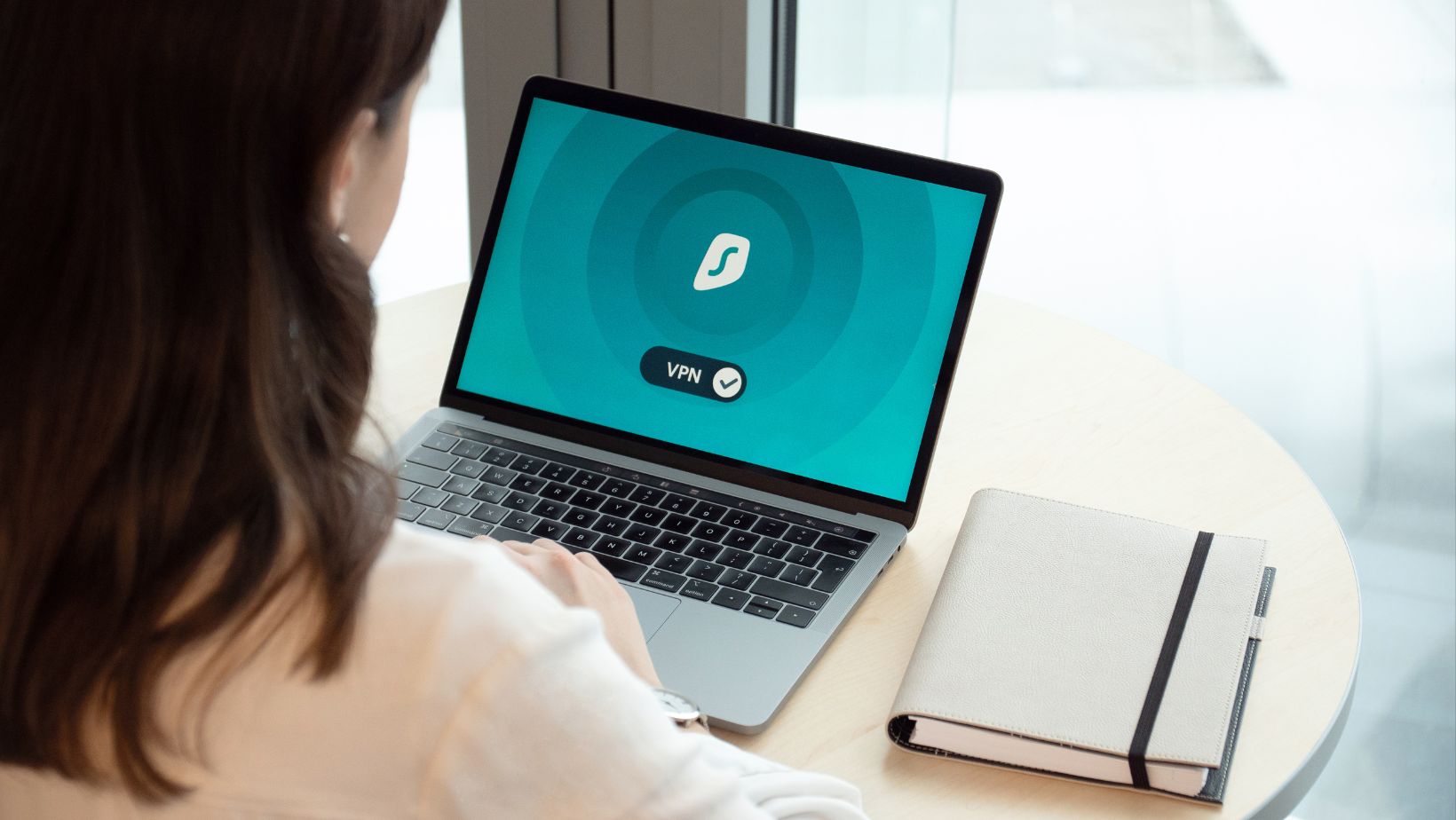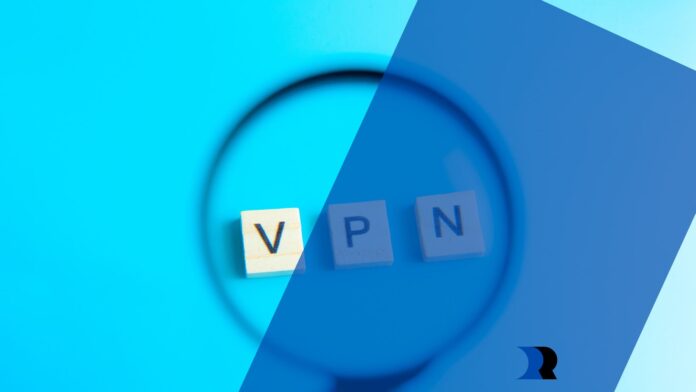VPN (Virtual Private Network) is a very helpful internet privacy tool used for various purposes. However, misconceptions about VPNs are as popular as the tool is. For users, it’s very important to debunk common myths surrounding VPNs so you can use the technology safely and responsibly. So, let’s discover the truth behind misconceptions people commonly have about VPNs:
Absolute Anonymity
The foremost reason behind using a VPN is the online anonymity it offers. VPNs give you a new IP address so you can virtually change your location to another region.
But that’s just not true.
While VPNs encrypt data to enhance your privacy, they don’t make you completely anonymous online. They only mask your IP address from ISPs and websites but not against determined parties. Cookies, social media buttons, and other tracker-related trickery allow businesses to still follow you online.
Even the IP addresses allocated by your VPN don’t guarantee anonymity. As you disconnect and then reconnect your VPN, you may get the same IP address, allowing a website to recognize you on the second visit.
Full Security
VPNs provide a secure tunnel for data transfer. They encrypt your internet activities and make it difficult for ISPs, Wi-Fi snoopers, and malicious Wi-Fi hotspots to track or modify your traffic. However, VPNs do not immunize against all online threats, such as malware, scams, or phishing.
Even if you access a website with your VPN on, you are still vulnerable to these threats. Even with the best VPNs that offer military-grade encryption or residential VPNs with a wide choice of locations (like Tuxler VPN and many others), you minimize the risk but cannot avoid it completely. Therefore, it’s best to use the best antivirus packages or internet security suites for added layers of protection.
Unlimited Speed
It’s true that VPNs can slow down internet speeds due to encryption and routing through remote servers. But they also don’t promise blazing-fast connections, especially when accessing distant servers.

The server to which your VPN connects you may be located anywhere in the world. For instance, if you’re located in Canada, and your server is based in Australia, then your data has to cover a greater distance. As a result, you’ll experience slow speed even when using a VPN. In addition, the number of people connected to the same VPN server also impacts the internet speed.
Access to All Content
One of the most popular reasons why VPNs are popular is their ability to allow people to bypass geo-blocks. So they can easily access geo-restricted content. However, VPNs do not guarantee access to all streaming platforms due to evolving restrictions. In addition, streaming platforms and websites, like Netflix and BBC iPlayer, are becoming more alert and capable of identifying and blocking VPN traffic.
Legal Protection
It’s important to note that a VPN doesn’t make illegal activities untraceable. However, users should understand that VPNs may enhance online security and privacy. It can help protect sensitive information, facilitate secure communication, and help access geo-restricted content.
But VPNs aren’t meant for illegal activities on the internet. So, VPNs do not provide legal protection. Users are entirely accountable for their actions, and authorities can still track and hold them accountable for illegal online behavior.
Final Words
In addition to the above-listed myths about VPNs, there are other misconceptions about the technology.
For instance, it’s believed that VPNs are used only for unethical or illegal activities. But the truth is there may be legal and ethical reasons for using VPNs. You might want to protect your device on public Wi-Fi or access business networks on the go. Some people also believe that every VPN is the same. However, all VPNs vary in terms of features like access to server locations, level of encryption offered, and more.

Hopefully, through this article, we’re able to debunk myths and clarify the actual limitations of VPNs. So, you can have realistic expectations when using a VPN for privacy and security purposes.


